Thus ends the first cour of Baraou no Souretsu. And begin my deliberation over whether to keep covering it next season. In spite of everything I do find the story quite engaging, but the almost total lack of animation is definitely a turn-off. And to be frank it’s not a series that’s generated much of a following. If spring turns out to be a good enough season to where choosing what to cover is a zero-sum game (and who knows whether it will), I imagine popular opinion would dictate I focus elsewhere. So I guess the only answer I can give for the moment is “it depends”.
The cour-change episodes of multi-season shows are always an interesting narrative choice. You don’t need an intermediate “ending” per se – especially if the run is continuing uninterrupted. But you usually get one, and so was the case here. Any story of Richard III is predicated on the fact that he will, eventually, be the king of England. The first cour was all about other kings, most prominently Henry. Historically speaking he’s believed to have been mad as a hatter, so that part at least matches what we see here. In love with Richard? Hell, no – but then Richard wasn’t a hermaphrodite either.
Henry’s death is certainly the logical place to end the season on. The details of the actual event are, unsurprisingly, rather murky. He died in the Tower of London in 1471, certainly. It’s generally assumed that this was under Edward’s orders, though this has never been proved. He became a martyr to some, and he actually played quite an important role in laying the foundations for England’s higher education system. But he died alone, almost certainly delusional, and probably on the orders of his successor. Whether Richard was involved in any way is completely unknown, though there’s no specific reason to suspect he was.
That can’t be the case here, of course, since Henry and Richard were in love. Richard starts off with the intent of killing Henry of his own volition, but can’t go through with it. The king orders him to do it anyway, and their vile mother tries to engineer things so Henry will kill Richard instead. Henry doesn’t seem like the type capable of killing anybody though, even lost in madness. Richard finally choosing to reveal his true form to Henry in the end was rather poetic, though the response can’t have been what he was hoping for.
The ever-loyal Catesby does try and spare Richard this fate in the end, but he’ll have none of it. With Henry gone, the focus turns to the machinations over the throne in the future. George may not be the sharpest knife in the drawer but he knows Edward’s wife is trying to manipulate him and garner power for her low-ranking noble family. George has ideas of his own, and so does Isabelle – the Warwicks now claim George as much as the York’s do, it seems. And of course we have Buckingham, still determined to become the new Warwick and wrangle the throne into Richard’s hands so that he can be the power behind it.
Central to all this is Anne, who represents a potential threat to her sister and to her brother-in-law. She’s convinced herself based on the evidence that Richard really is a demon, but she clearly still loves him. As to what he feels for her at this point who knows, but marrying the two of them off is the logical move for Edward – it represents a hedge against George becoming too powerful in his own right. There’s also Mother, whose focus is to drive Richard from the family at any cost. It should be quite a battle royale (pun intended) with so many factions trying to manipulate people and events for their own gain.


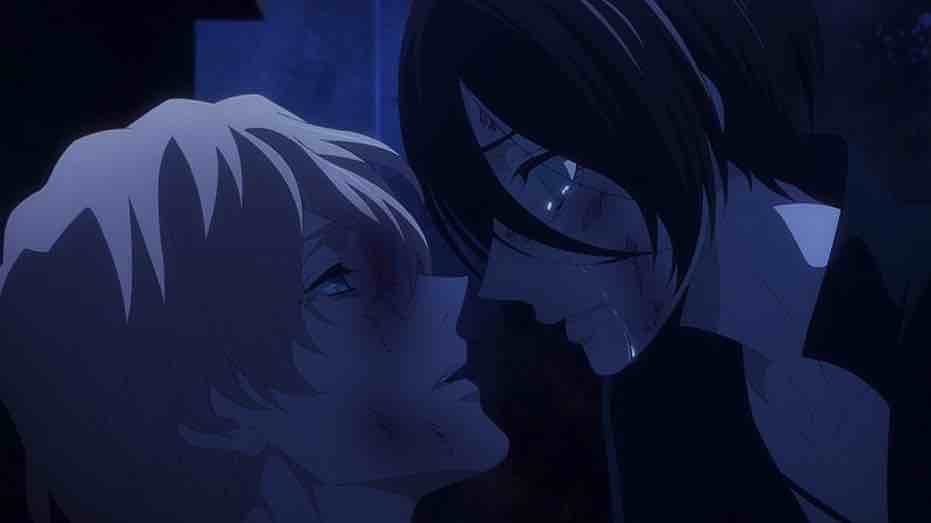
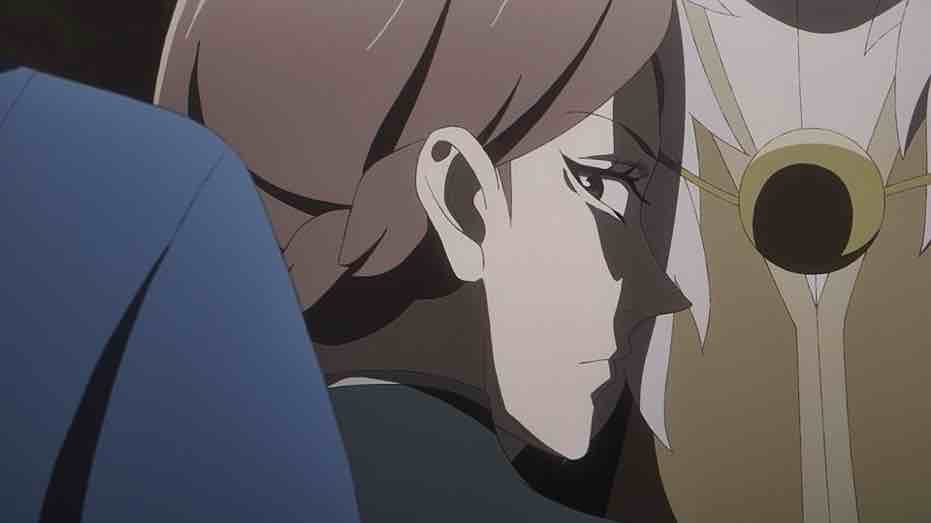
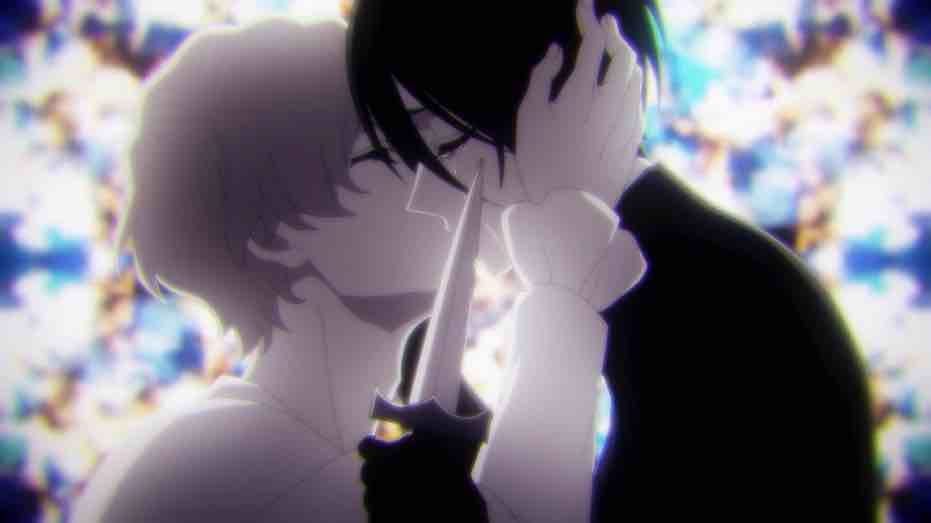
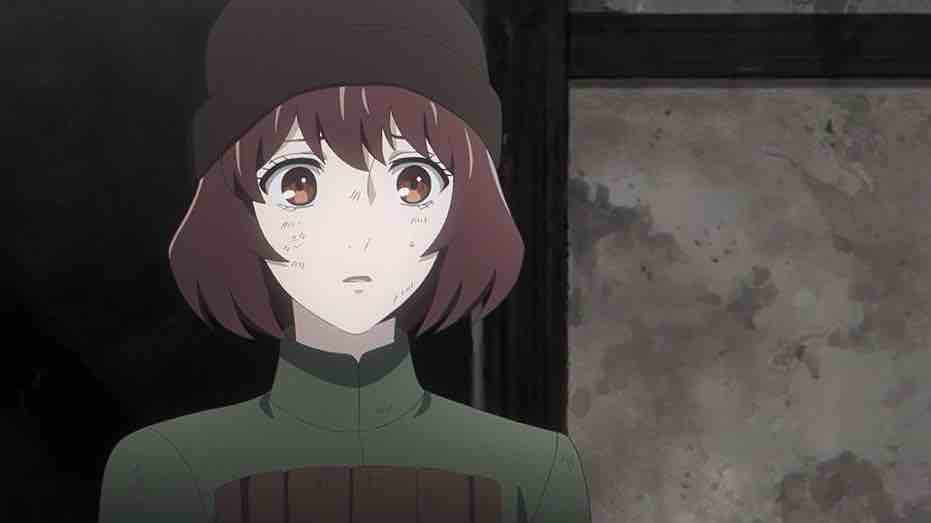
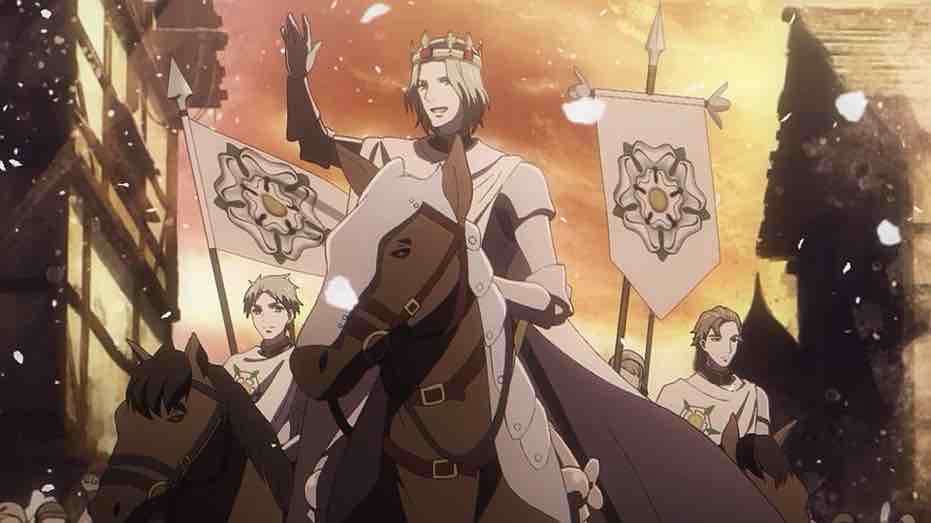
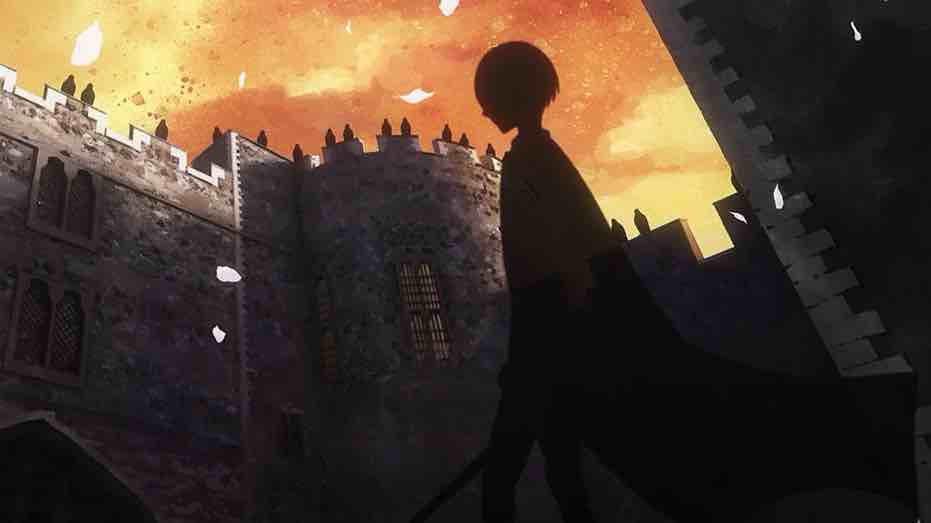
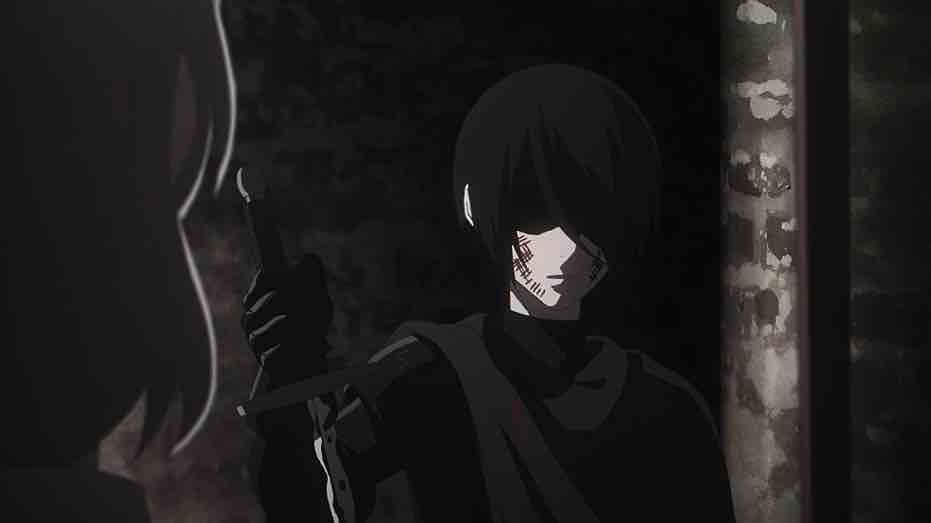
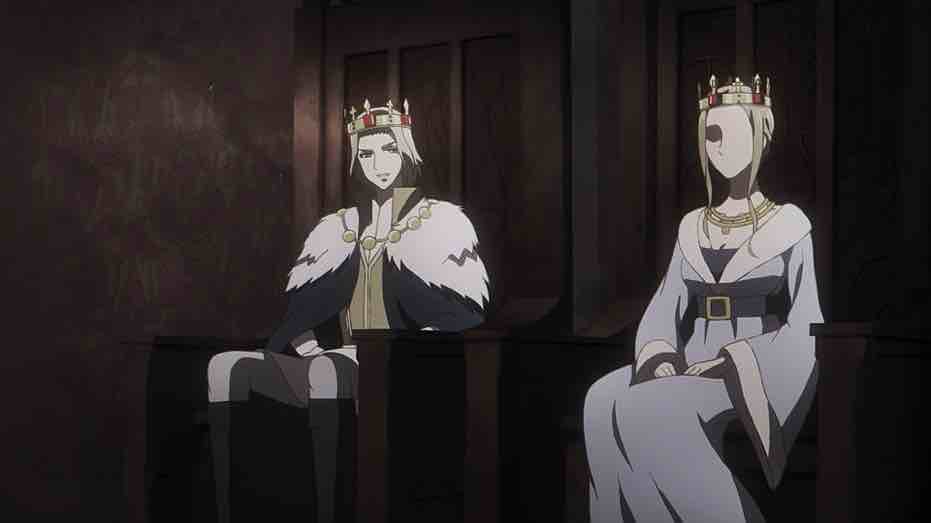
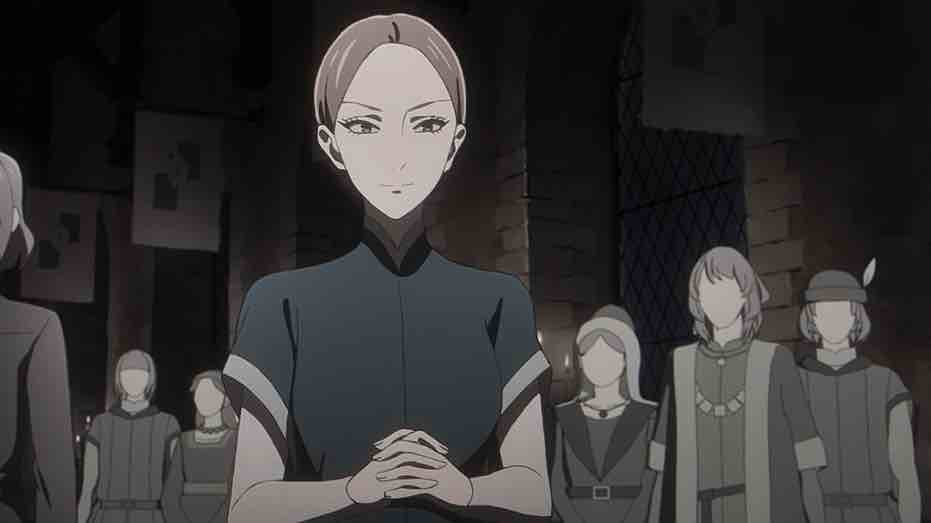
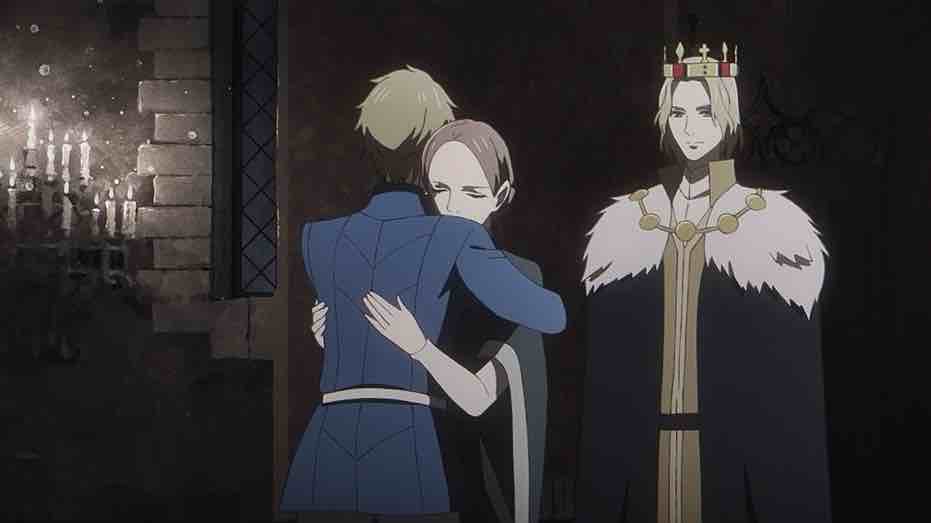
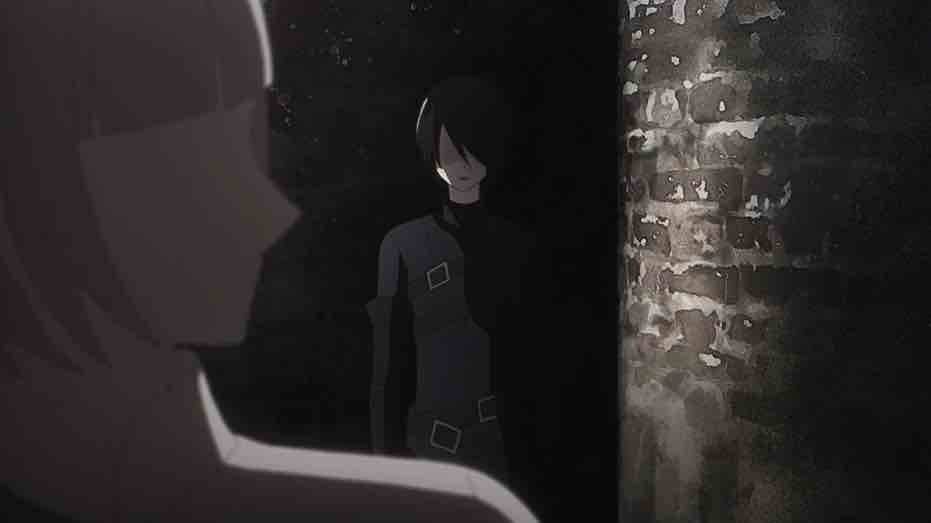
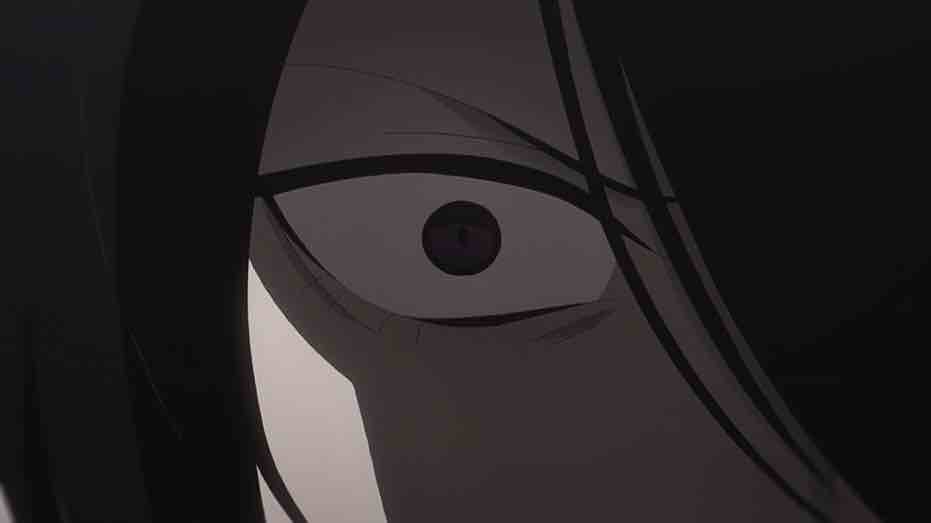
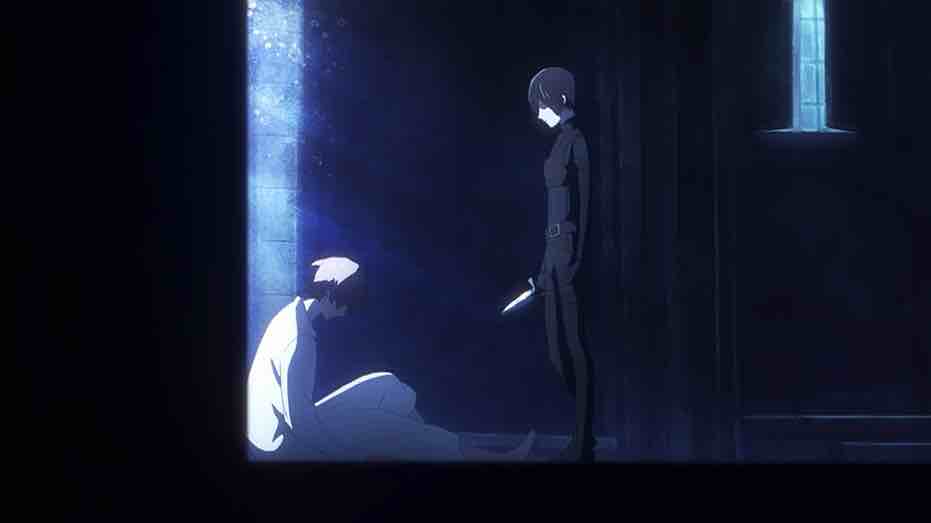
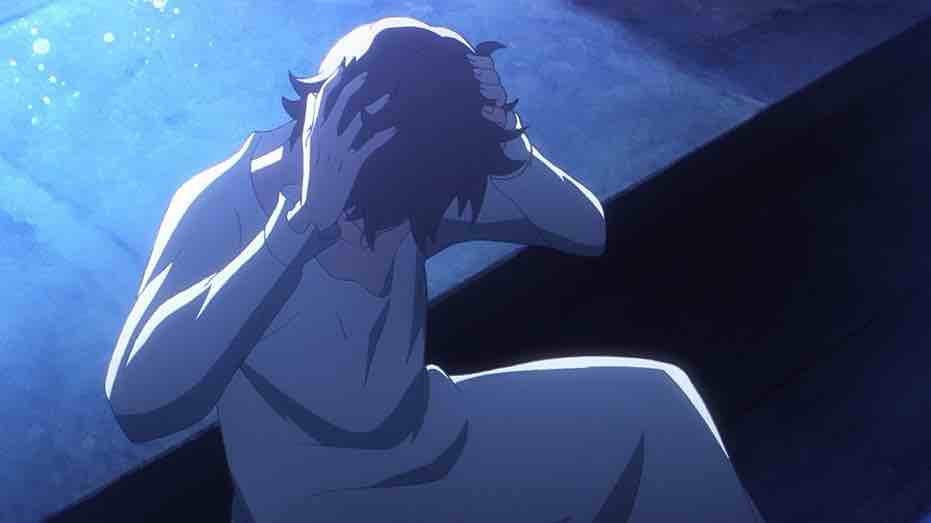
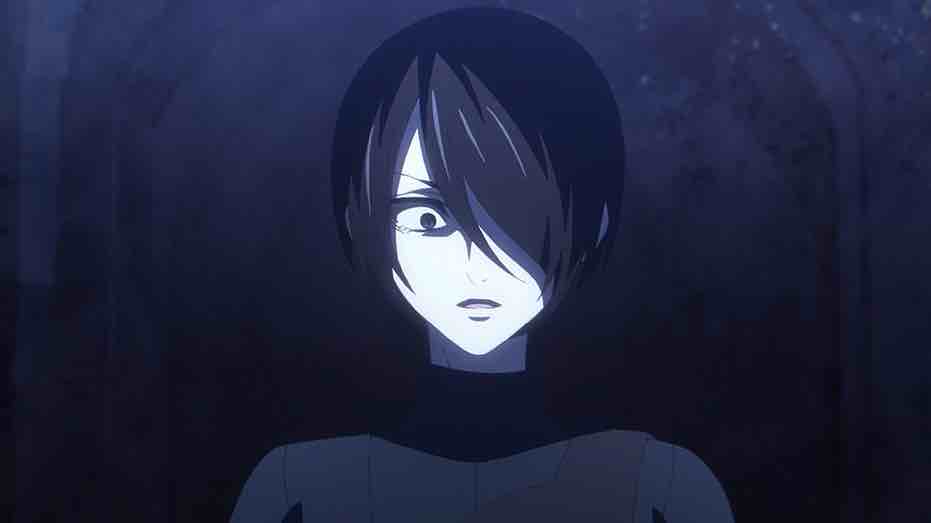
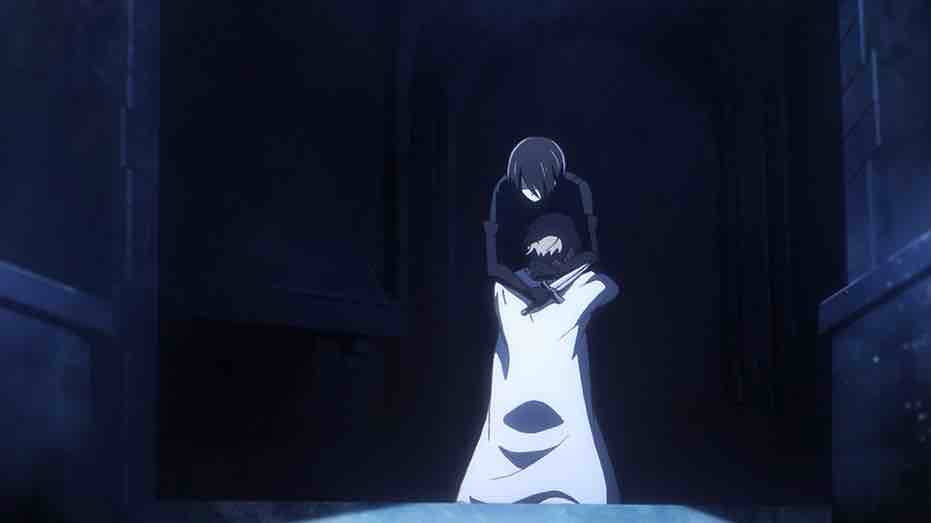
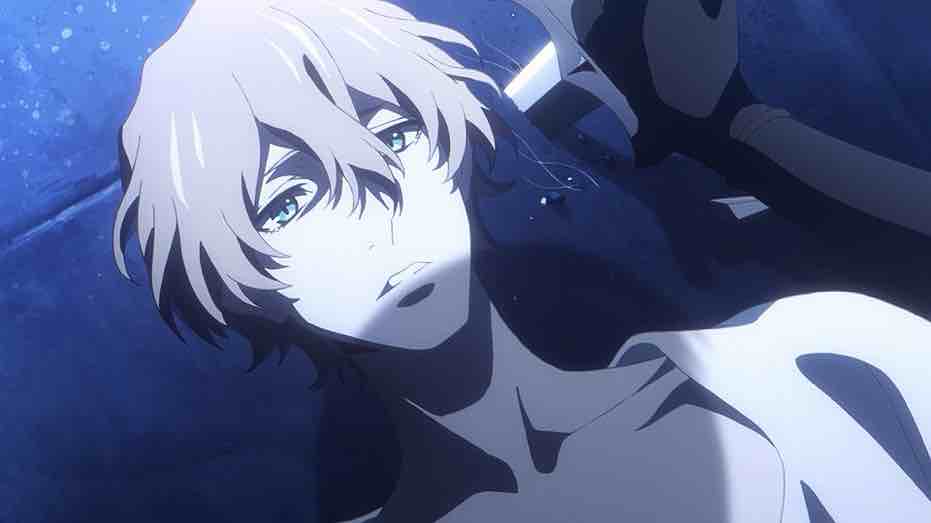
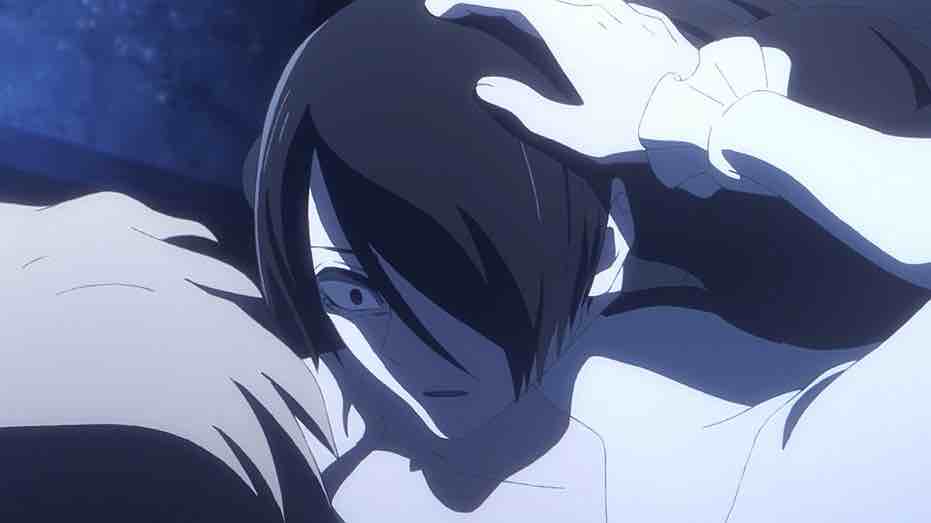
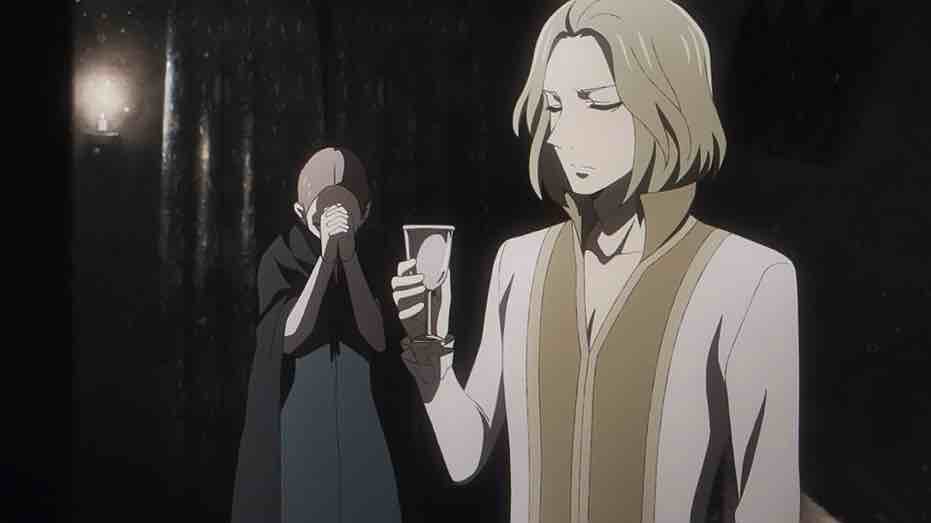
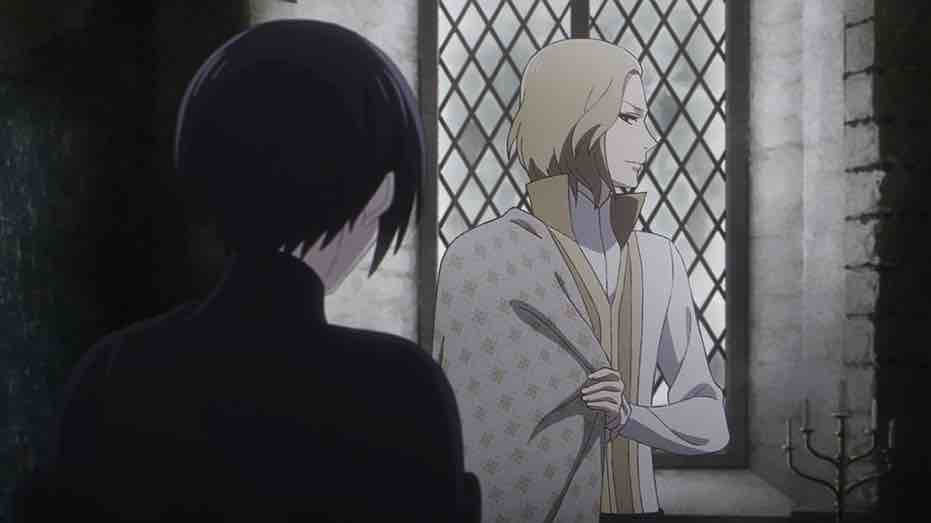
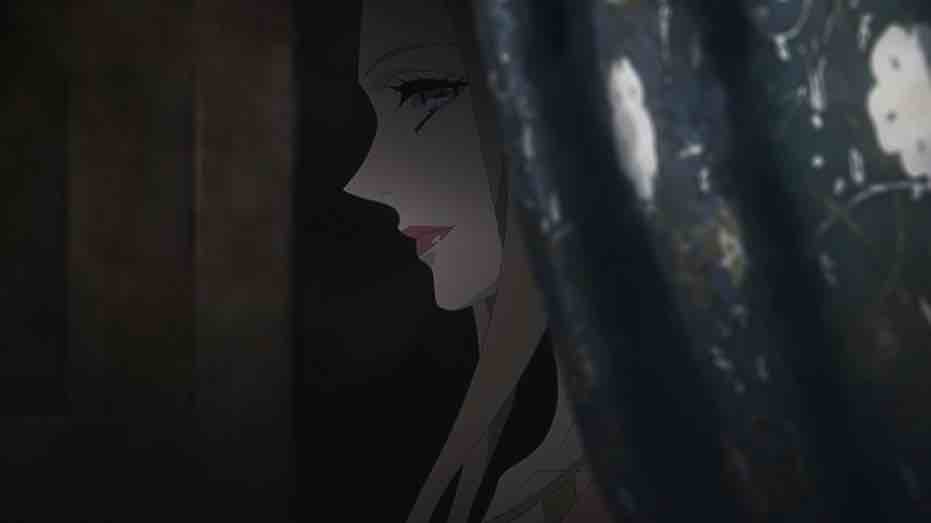
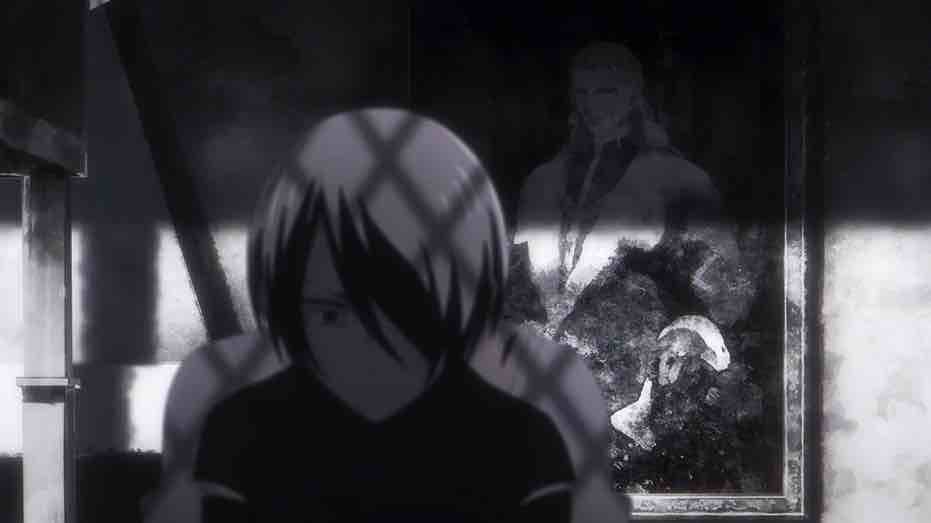
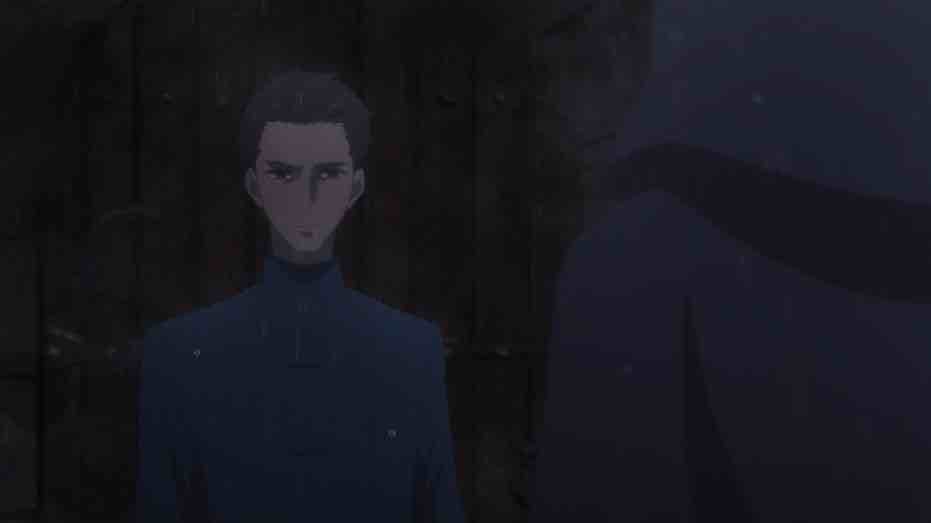
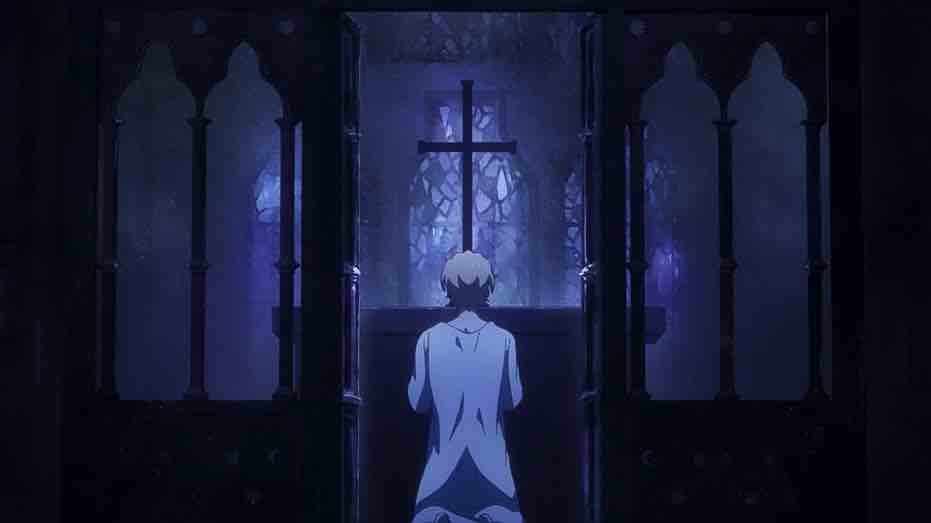
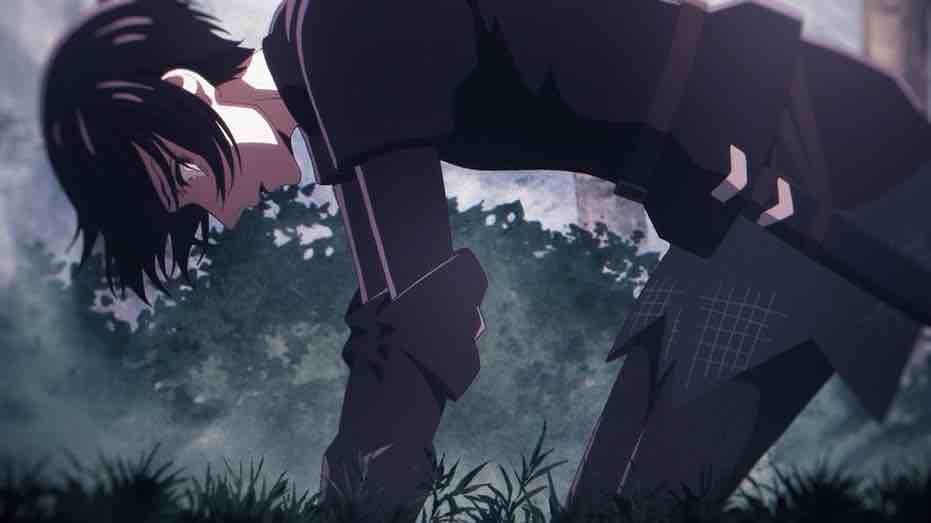
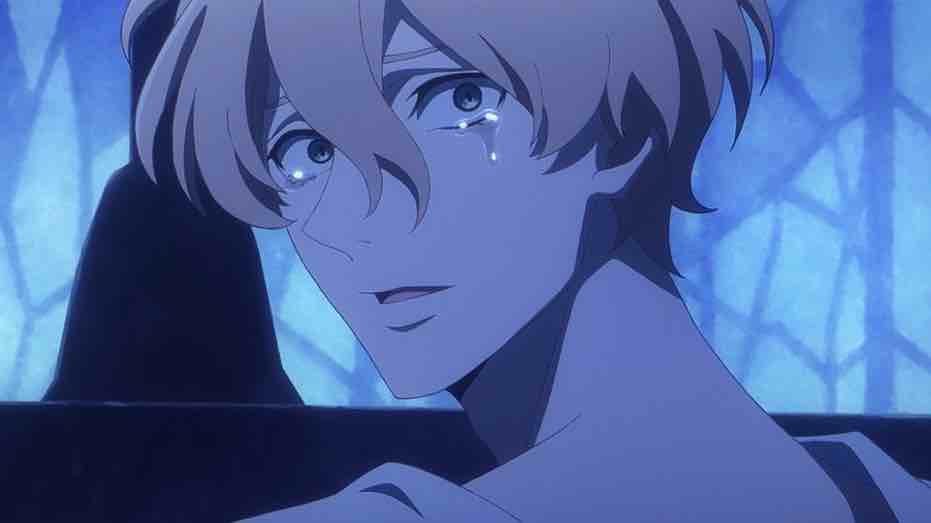
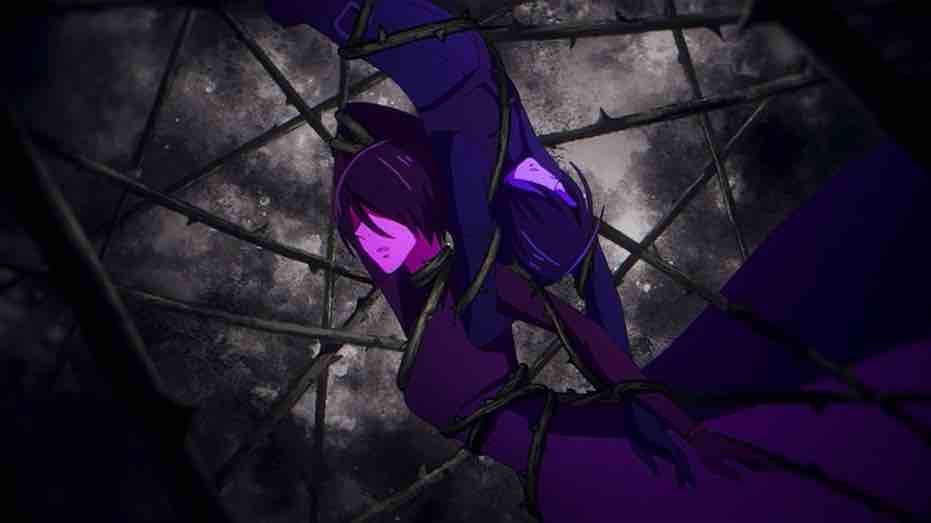
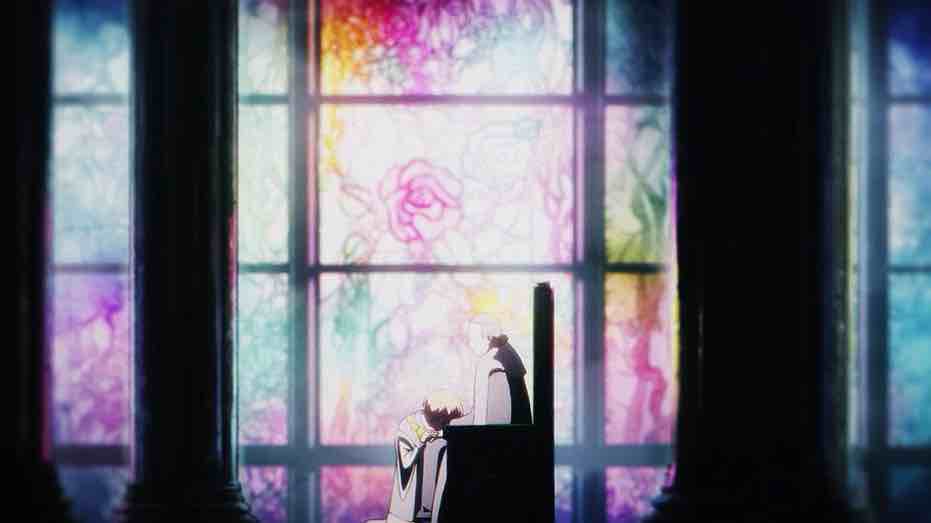
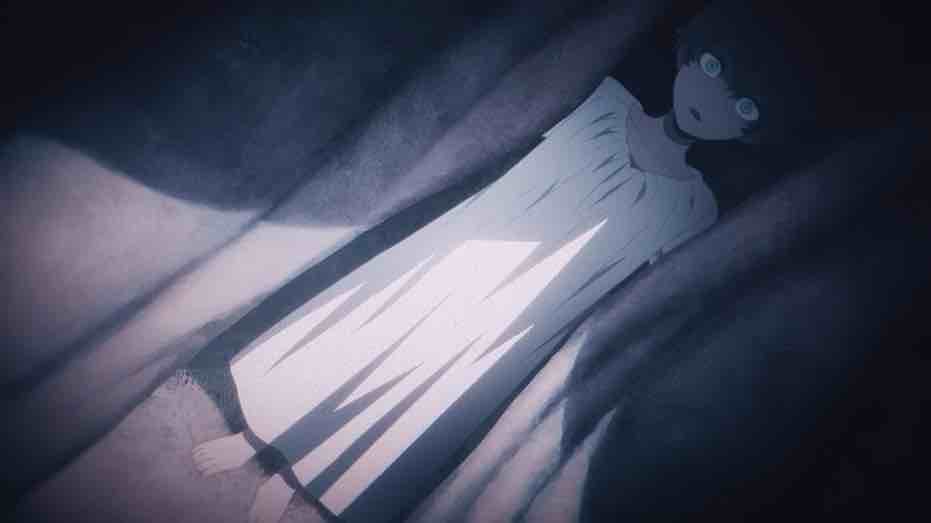
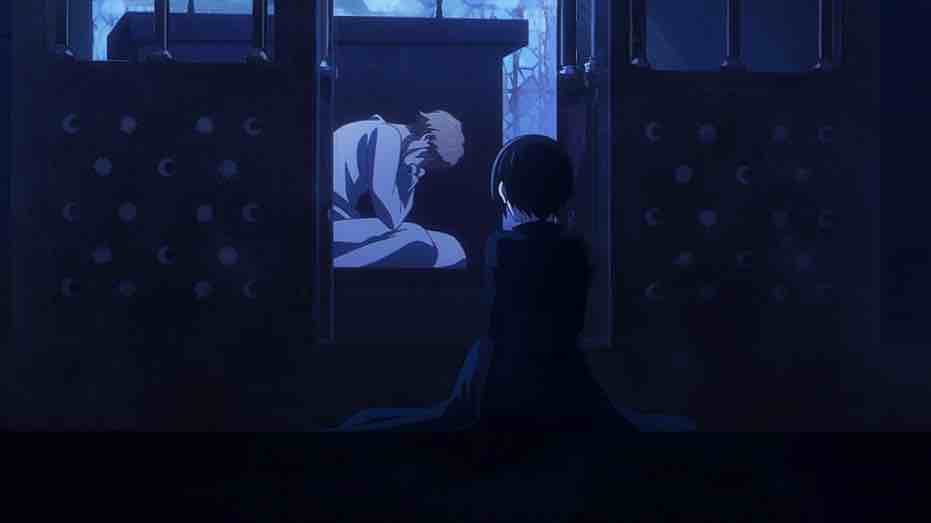
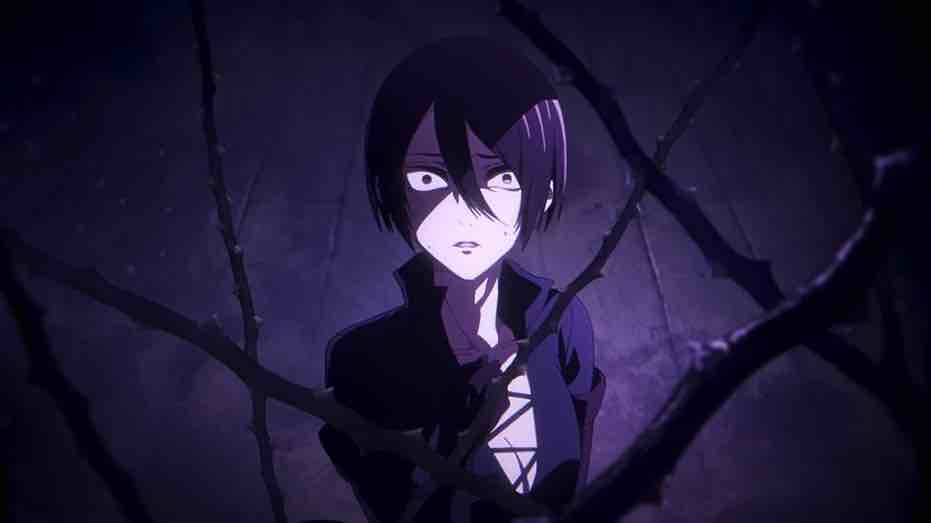
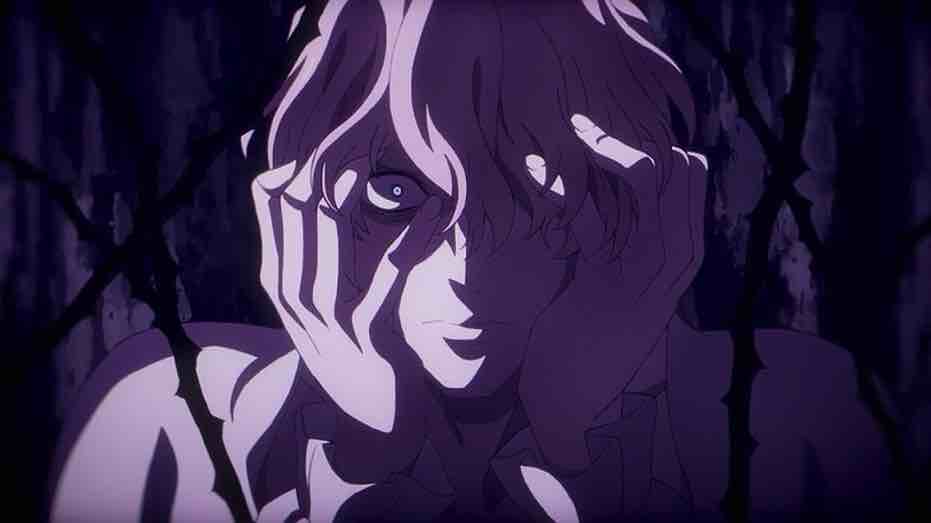
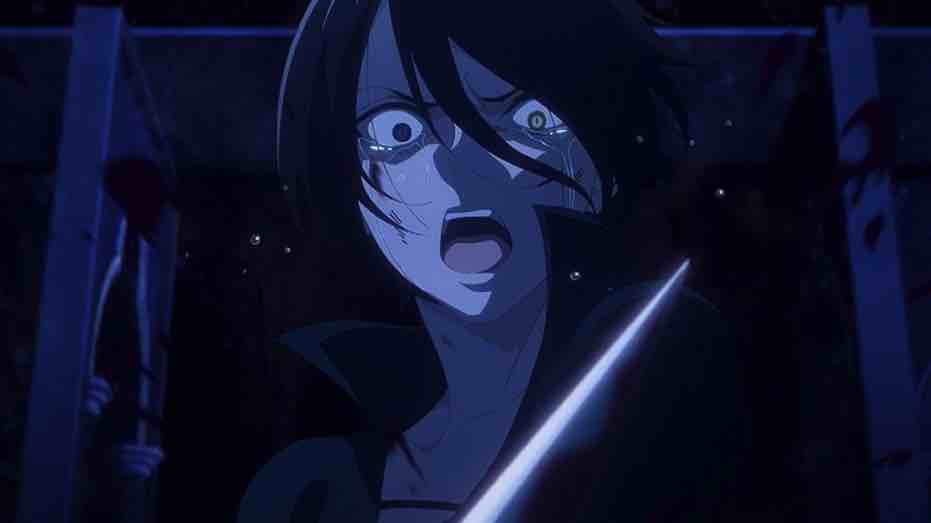
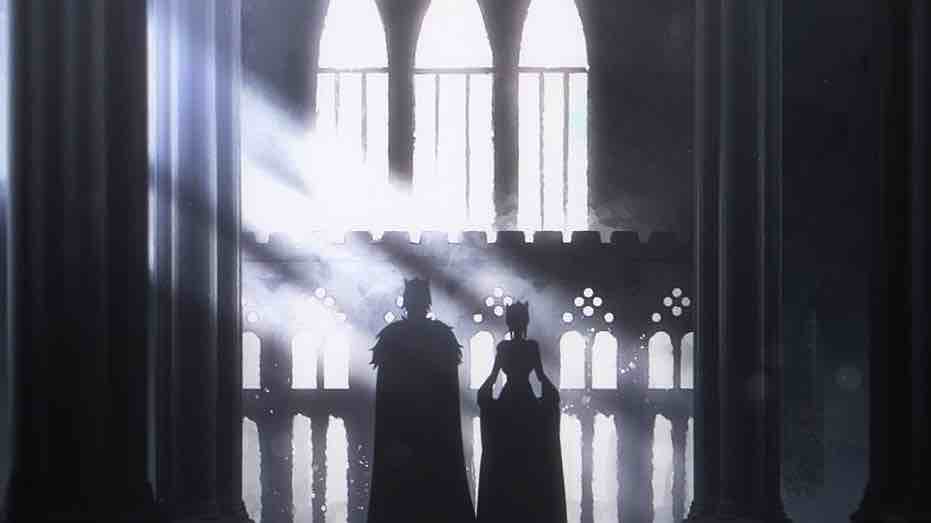
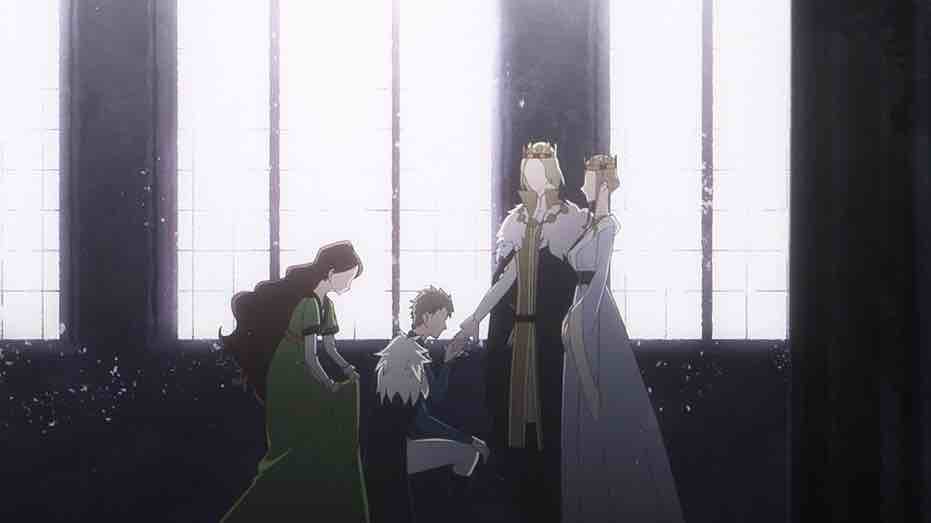
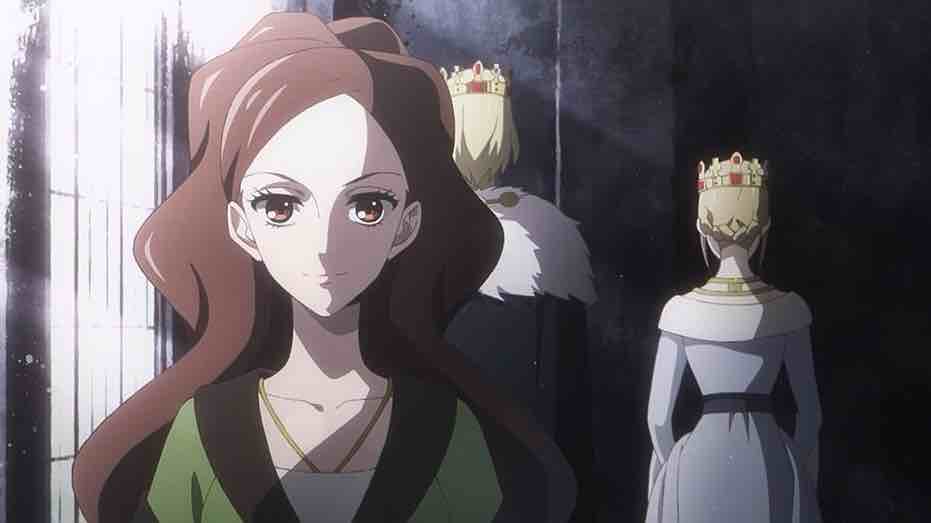
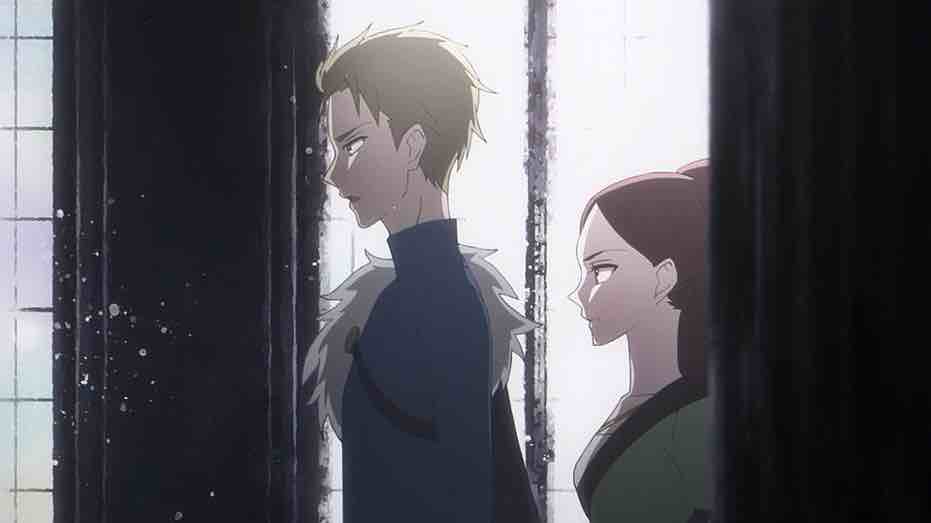
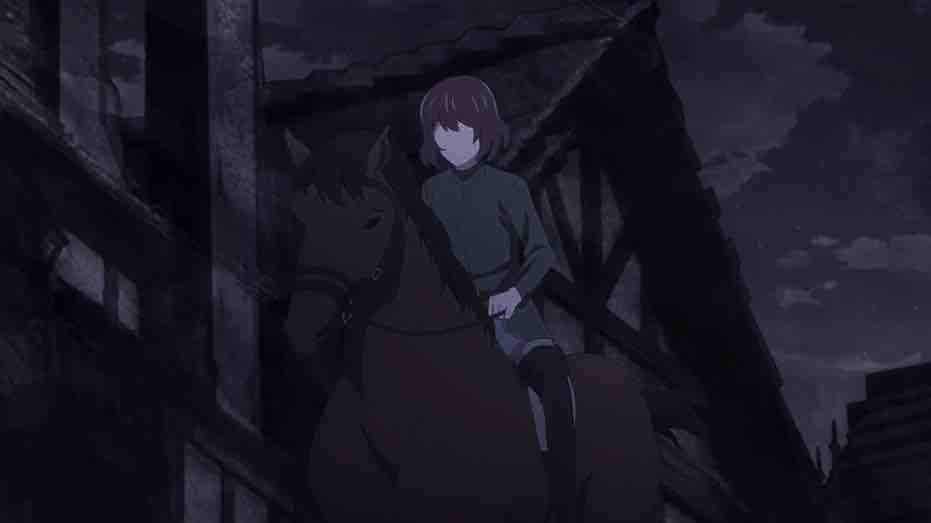
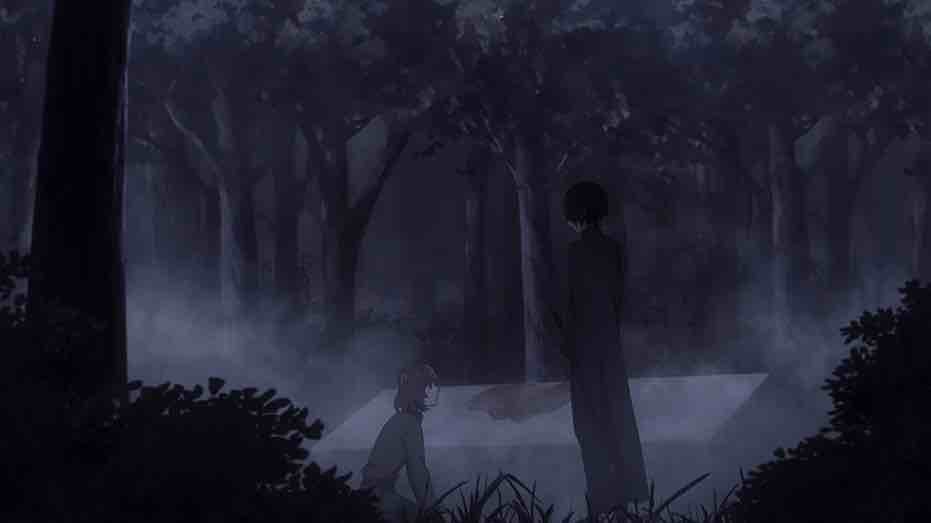
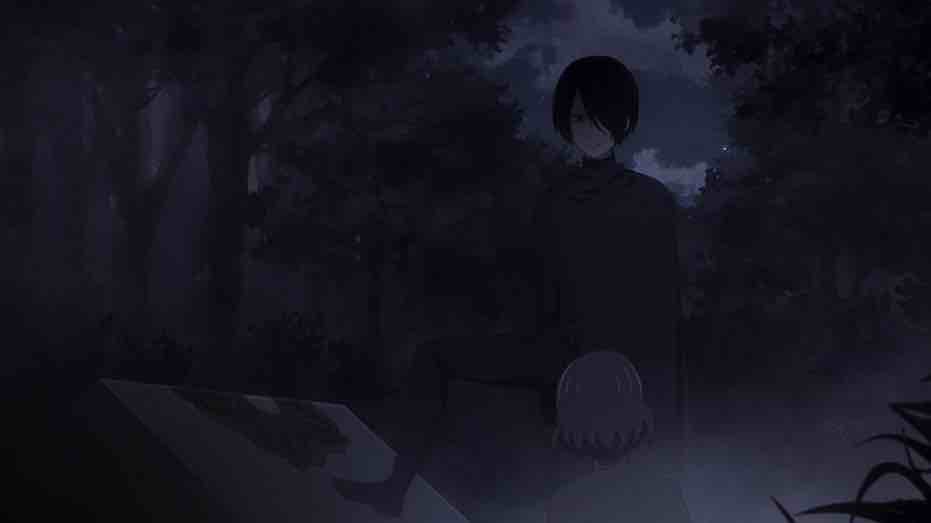
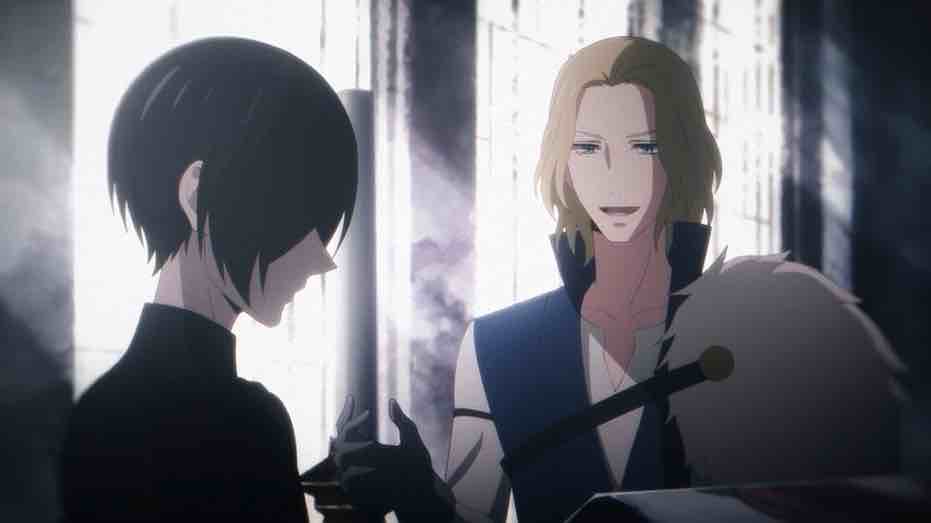
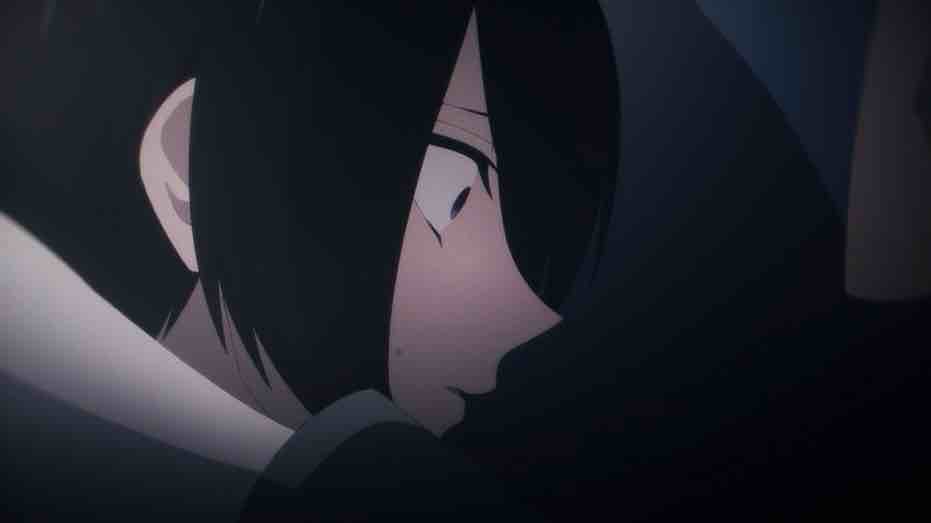
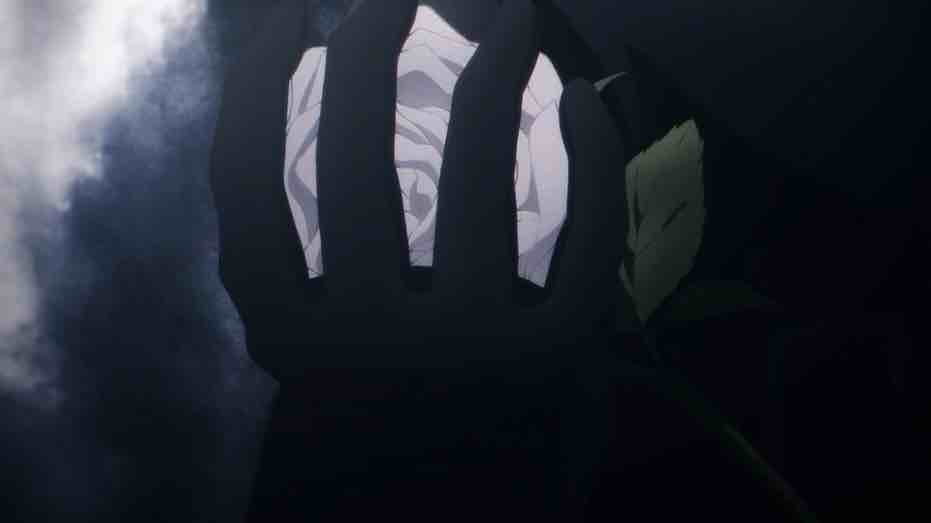
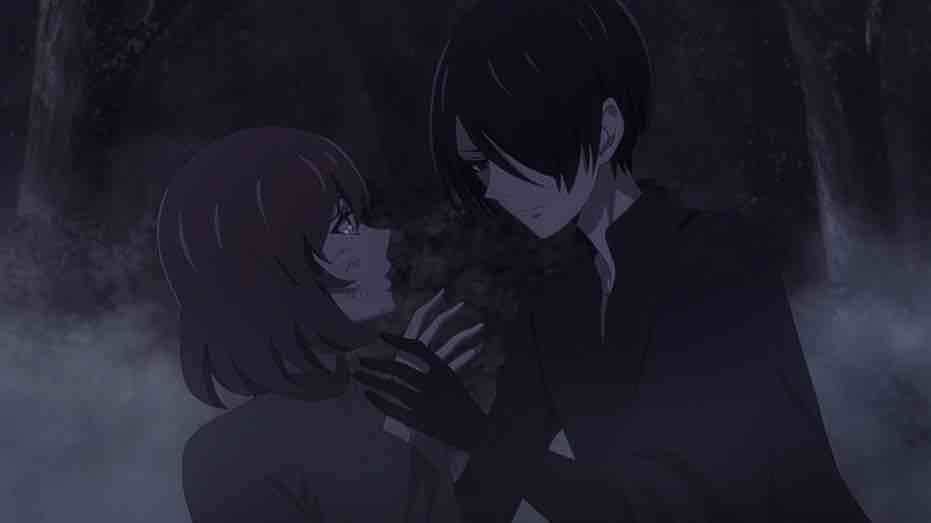
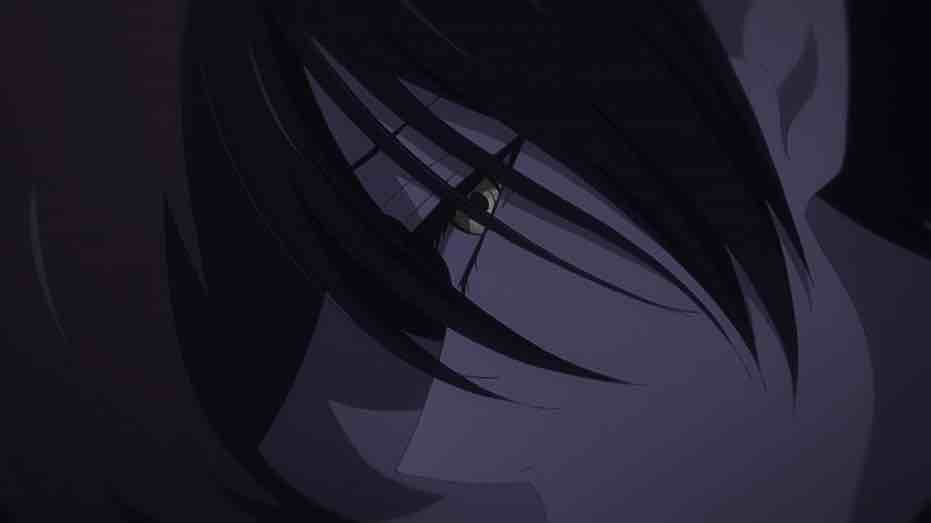


Collectr
March 28, 2022 at 9:09 pmI was surprised that the show chose to include Richard’s “love declaration” to Anne, as it’s part of Richard III rather than Henry VI Part 3, but it gives the anime a head start on the second, slightly longer part of the manga. Richard’s claim – that he killed Warwick, Edward (Lancaster), and Henry – for love of Anne is straight out of Shakespeare, because manga and anime have already shown that Buckingham killed Warwick, and brother Woodville ran Edward L through. Only Richard’s boastful declaration, “Was ever woman in this humour wooed? Was ever woman in this humour won?” is missing. Maybe next episode.
The show seems to be implying that Anne is pregnant by her late husband, and that Richard and Anne’s (historical) child was not his. This is nonsense, of course, but how else to explain a child when Richard is unwilling to expose his body to a woman? (His historical natural children are simply expunged from the record.) So more do-rama ahead.
As for “popular opinion”… This season, I watched five shows that you followed (Baraou, Sono, Ousama, Ryman, Bisco) and maybe one you didn’t. Clearly, your choices are popular with me. 😉 On the other hand, the monster hits (Shingeki, Kimetsu) don’t interest me at all, so perhaps I’m not the best barometer to use in selecting shows for a commercial venture. Still, I hope you’ll stick with Baraou.
Guardian Enzo
March 28, 2022 at 11:30 pmIt’s been so long that I don’t even remember how closely this is tracking with either play, TBH.
Honestly, the only time I ever let popularity be a factor in a blogging decision is if I’m totally on the fence. In a slow season I’d probably be likely to keep going with this one, but if spring turns out to be more of a banger than I’m expecting, I might be in fence territory.
Marmot
March 29, 2022 at 9:53 amThank you for blogging this show! I know it has major flaws but I was very excited to see at least one blogger take it up.
Guardian Enzo
March 29, 2022 at 3:52 pmYou’re very welcome, of course! There’s something to be said for covering stuff no one else does.
random
April 21, 2022 at 11:59 pmI dislike your use of hermaphrodite since intersex folks don’t prefer that term.